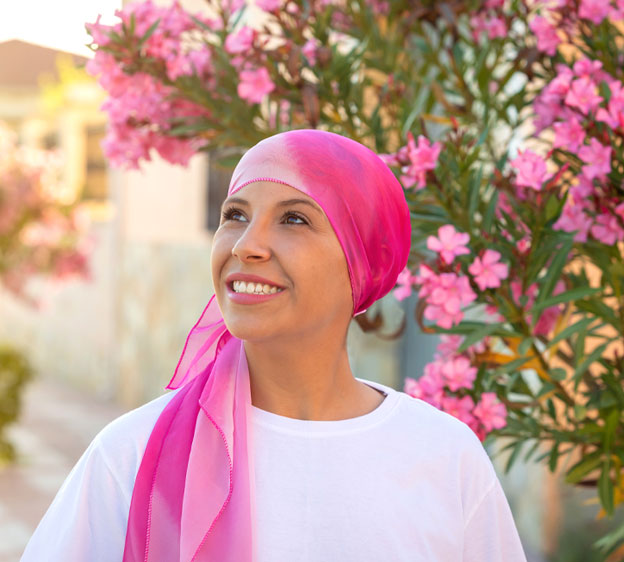Staying Safe in the Summer Sun: 5 Tips for Cancer Patients
June 15, 2023
When the days are beautiful and the sun is out, it’s incredibly tempting to spend a good deal of time outside. That’s especially true in a beautiful location like ours. The heat of summer, however, may bring special challenges for cancer patients. Those receiving cancer treatment will want to take a few precautions to stay safe and healthy.
Read More: Becoming a Cancer Survivor
How Summer Weather Can Affect Cancer Patients
The intense summer sun can be difficult for anyone to handle at times, but it’s especially challenging for cancer patients and survivors. Here in the Lowcountry, we’re faced with a combination of high temperatures and excessively high humidity.
“Both cancer and its treatments can affect how your body handles heat and sun exposure,” says Dr. J. Eric Turner, board-certified and fellowship-trained medical oncologist at Beaufort Memorial Oncology Specialists. “Even if you typically spent hours of every day out in the sun before your cancer diagnosis, you’ll want to be careful now.”
With some basic precautions, you can still get out and enjoy your summer! There’s no need to hide indoors unless you simply want to bask in the air-conditioned glory.
Read More: Others With Cancer Provide Help and Healing
5 Tips for Safely Enjoying the Summer
Looking ahead to the hot days of summer? These tips for cancer patients are a good place to start.
- Watch your fluid intake. Cancer treatments as well as treatment side effects, including diarrhea and vomiting, can increase the risk of dehydration. Staying hydrated is especially important as the days heat up. Don’t wait until you’re thirsty to drink. Sip water continuously throughout the day, especially when spending time outdoors, and talk with your care team about whether an electrolyte-replenishing drink could be helpful.
- Protect your skin from the sun. You probably know that sun exposure can increase your long-term risk of skin cancer. That’s true at any time, but the sun’s ultraviolet (UV) rays can be especially potent when you’re going through cancer treatment. Some types of chemotherapy and other medications can make your skin more sensitive to the sun. Before going outdoors, dress appropriately. Wear lightweight, long-sleeved shirts and long pants and a broad-brimmed hat. Apply sunscreen with a sun protection factor (SPF) of at least 30 to exposed skin. Reapply sunscreen at least every two hours while outdoors or more often if swimming or sweating.
- Talk with your doc before swimming. Whether you’re a pool floater or a lap swimmer, check in with your care team before going swimming. Some types of treatment, including radiation therapy, can make your skin more sensitive to chemicals in pool water. Swimming in open bodies of water may also be unsafe. During cancer treatment, your immune system is diminished. Dangerous bacteria can lurk in the warm waters of lakes and ponds, so it’s a good idea to avoid them.
- Watch your body temperature. In addition to being more sensitive to the effects of the sun’s UV rays, your body may also be more sensitive to the heat the sun emits. Stay inside during the hottest time of the day. When you’re outdoors, seek shade as much as possible and wear cool, loose-fitting clothing. If you’re wearing a wig, you may want to consider switching it out for a light headscarf instead when outdoors.
- Practice food safety basics. Foodborne illness is more common during the summer because it can be difficult to keep foods at an appropriate and safe temperature. Since cancer patients have a diminished immune system, this can be especially dangerous. When cooking and eating outdoors (at a backyard barbecue, for example), reduce your risk of illness by making sure that food is cooked to a safe temperature, then properly chilled or otherwise stored shortly after the meal.
Beaufort Memorial offers support to patients and their caregivers at our cancer centers in Okatie and Beaufort. Contact a cancer nurse navigator to learn more.
Updated: June 2025

